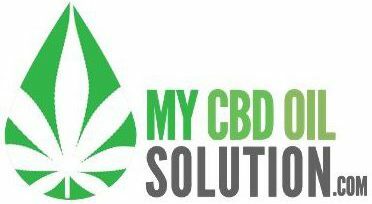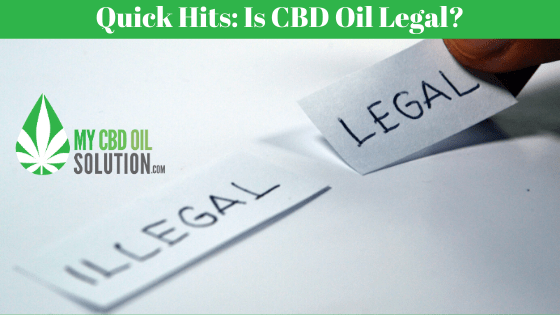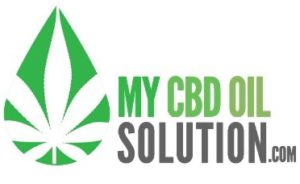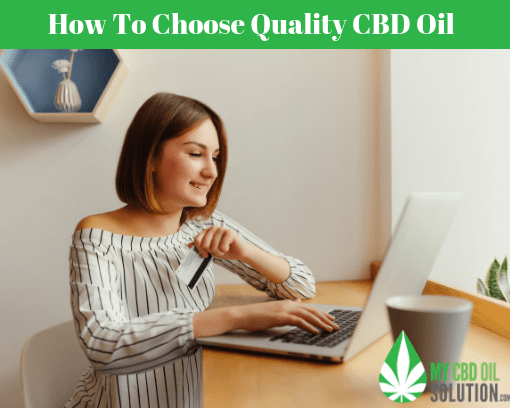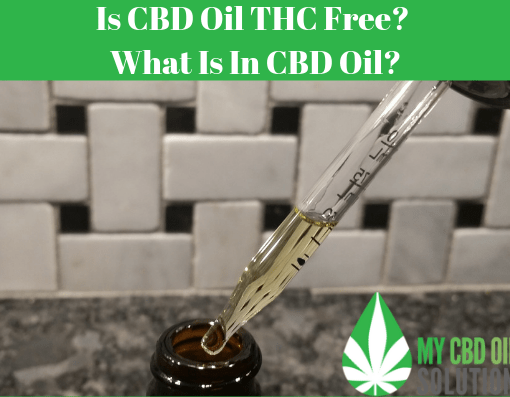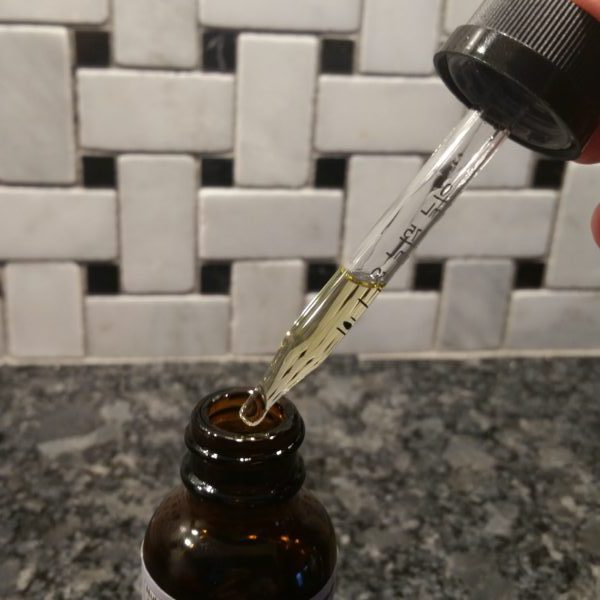[ABTM id=588]
In this “Quick Hits” series we will quickly discuss some of the legal issues surrounding CBD. Retail stores and online retailers are selling CBD products but there is news floating around in regards to its legality.
The details can still be a little fuzzy and many media outlets don’t always do the best job of explaining the specifics.
Why Is There So Much Confusion?
Yes CBD Oil is legal, more on that in a moment. Unfortunately there is still some grey areas even at the state level. Much of the confusion surrounds the overall view and classification of cannabis. Most confuse all cannabis plants such as marijuana with other plants such as hemp.
Marijuana which is rich in THC (the psychoactive ingredient which causes the intoxicating effect) is a controlled substance. Colorado at the state level has removed those restrictions however to keep things simple we won’t go into too many fine details.
Hemp on the other hand is part of the cannabis family but does not have a use as a recreational drug. It is rich in CBD and contains very low levels of THC (unlike its cousin marijuana). Hemp has many industrial uses which include clothing, ropes & cordage, paper and medical just to name a few.
The confusion for people and even governments is that both have been lumped in together for many years. However, the 2018 Farm Bill legalized Hemp at the federal level. There were restrictions and the hemp could contain no more than 0.3% THC.
The NYPD had an embarrassing mistake when confiscating legal hemp, confusing it with marijuana.
So CBD Oil Is Legal?
Yes, CBD Oil is legal. Yet the industry is still unregulated. Don’t let that deter you, just empower yourself as a consumer. Problems are how CBD products are labeled, specific CBD products and levels of THC. They will need to be from Hemp, not Marijuana (again states like Colorado will be different from others).
Its ok for some products to have some level of THC. They must contain 0.3% THC or less. Full spectrum products contain slight levels of THC to optimize how the CBD is absorbed in your body. This is called the entourage effect and you can read more about that here. You can also buy THC free CBD (CBD Isolates), if you want to avoid THC all together.
Problems are that some less than reputable manufacturers do not use proper independent 3rd party lab testing to verify the contents on the labeling. For example, they do not contain the levels of CBD on the label or may have higher levels of THC that are legal.
Also, brick and mortar products like a sublingual tincture or lotion may be legal. However, there are other related CBD food products that contain CBD added to food. Here things get murky.
You have the issue with how things are labeled. Also, there are grey areas at the state level with food products and CBD being added. Then on top of that you may have issues with products going across state lines. I wrote an updated post on how the FDA and regulators have become much more active with CBD food products.
How things are labeled is essential and it can be a moving target sometimes. A reputable company would utilize an attorney the specializes in cannabis law to ensure all products are in full compliance. This is why I prefer to use Green Compass CBD products.
With all the gray areas of course you can get confused. The good thing is that the issue is being addressed at the federal and state levels. In the near future we should see changes making clarification.
How Do You Protect Yourself
The best way to protect yourself when purchasing CBD all starts with being a smart consumer. Be mindful of who and where you may purchase CBD related products. There are some high quality manufacturers that are in full compliance but others that may not.
Generally as it stands now, CBD in foods is still very murky. Some states may be more strict on this than others. However, I would caution you on CBD oil in foods in general. The reason is that you do not always know the source and quality of the CBD. Also, dosing can become an issue.
What I mean is that CBD levels that go through your digestive tract can deteriorate. Factors such as stomach acid, foods etc can affect how CBD can be properly absorbed. If you are attempting to find the correct dosage level of CBD you may have difficulty finding it when using a CBD food product. There are some pros and cons to CBD Edible products – this post will give you some guidance.
A sublingual tincture is a far superior option and quickly allows CBD to be absorbed into your body. Also, the food products in my opinion are a little trendy and gimmicky. They may be cool and fun but you can miss the mark on optimizing the full use of CBD. If you want to see if CBD will work for you it is best to choose the optimal method of absorption.
